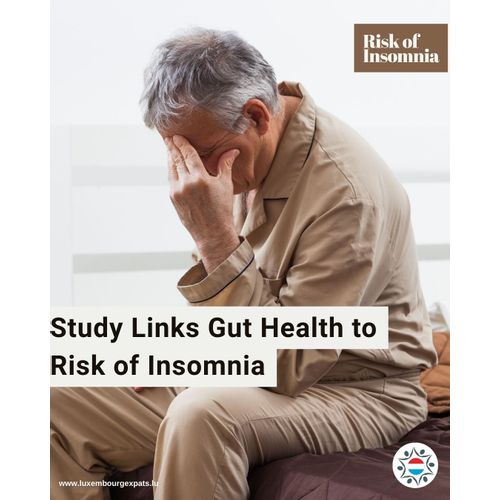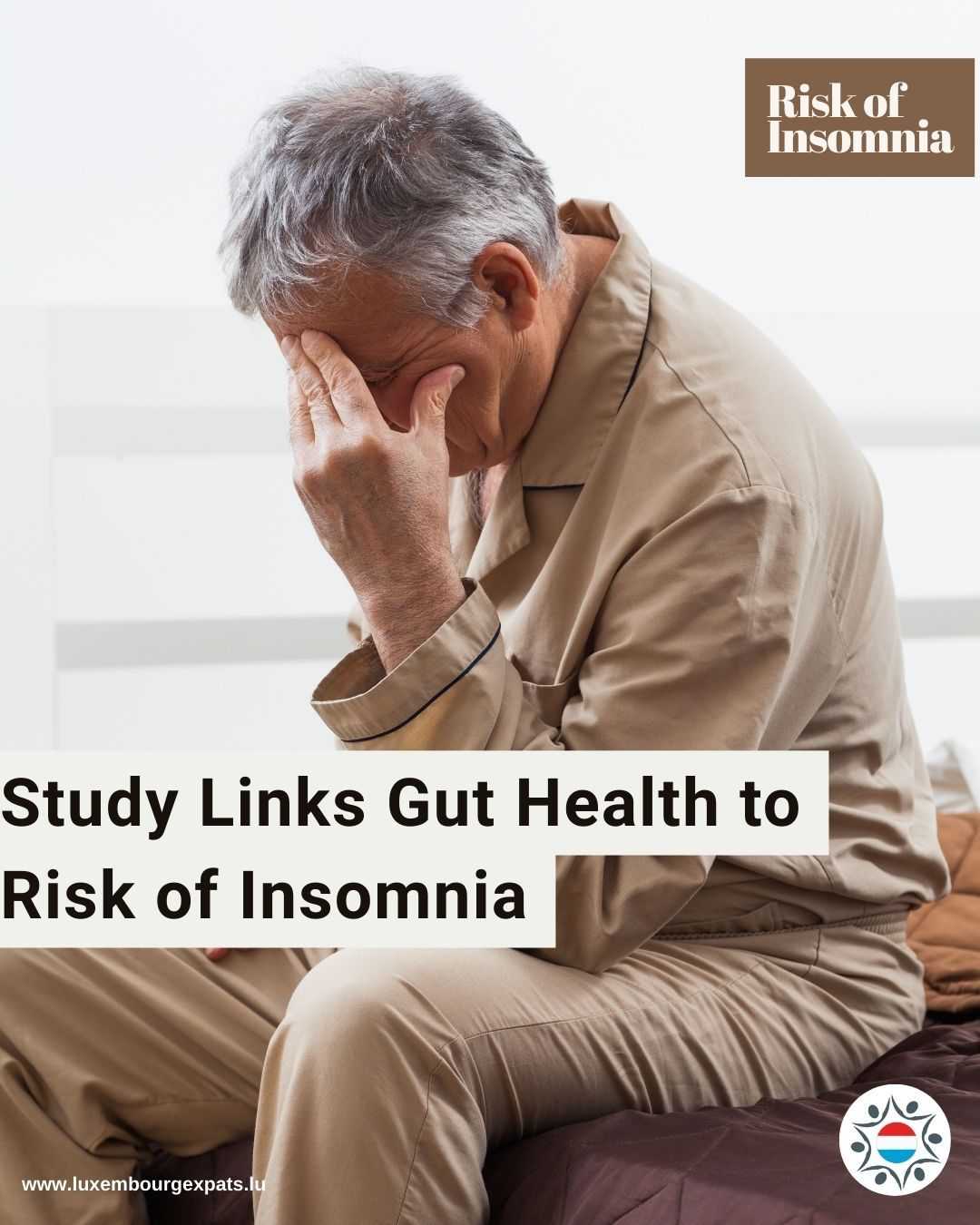Study Links Gut Health to Risk of Insomnia
LuxembourgPosted on 14 August 2025 by TeamBRUSSELS – A new study has uncovered intriguing evidence that the state of our gut microbiome may play a causal role in chronic sleep disturbances, including insomnia.
Unpacking the Gut–Sleep Connection
Researchers analyzed genetic and microbiome data from nearly 387,000 individuals with insomnia alongside gut data from nearly 27,000 people. Their analysis revealed a bidirectional relationship: certain groups of gut bacteria increased the risk of insomnia, while the sleep disorder itself contributed to shifts in the abundance of these microbial groups. Fourteen bacterial groups were found to elevate insomnia risk by 1% to 4%, whereas eight others were linked to a 1% to 3% reduction in
Insomnia and Microbiome Imbalance
The study also highlighted that people suffering from insomnia tended to have significantly lower levels of seven specific bacterial groups and elevated levels of twelve others, suggesting a complex interplay between sleep patterns and the gut
Possible Biological Mechanisms
While connections between gut health and sleep quality have been noted before—largely through the gut-brain axis—this is among the first studies to suggest that gut bacteria could directly contribute to the development of sleep disorders. Researchers propose several potential pathways: gut-derived effects on serotonin and dopamine regulation, immune system shifts, inflammation, or other molecular changes tied to sleep cycles.
Study Limitations & Future Directions
Researchers acknowledge limitations, including a participant pool primarily of European descent and a lack of data on diet, lifestyle, or environmental factors. Despite these gaps, they emphasize that the findings open promising avenues for novel treatments, including prebiotic or probiotic interventions, or even gut microbiome manipulation, to tackle insomnia.
Read More: Can’t sleep? Your gut health may be partly to blame, study finds | Euronews
Join the Luxembourg Expats Community luxembourgexpats.lu
I am your contact
Team
Chat









